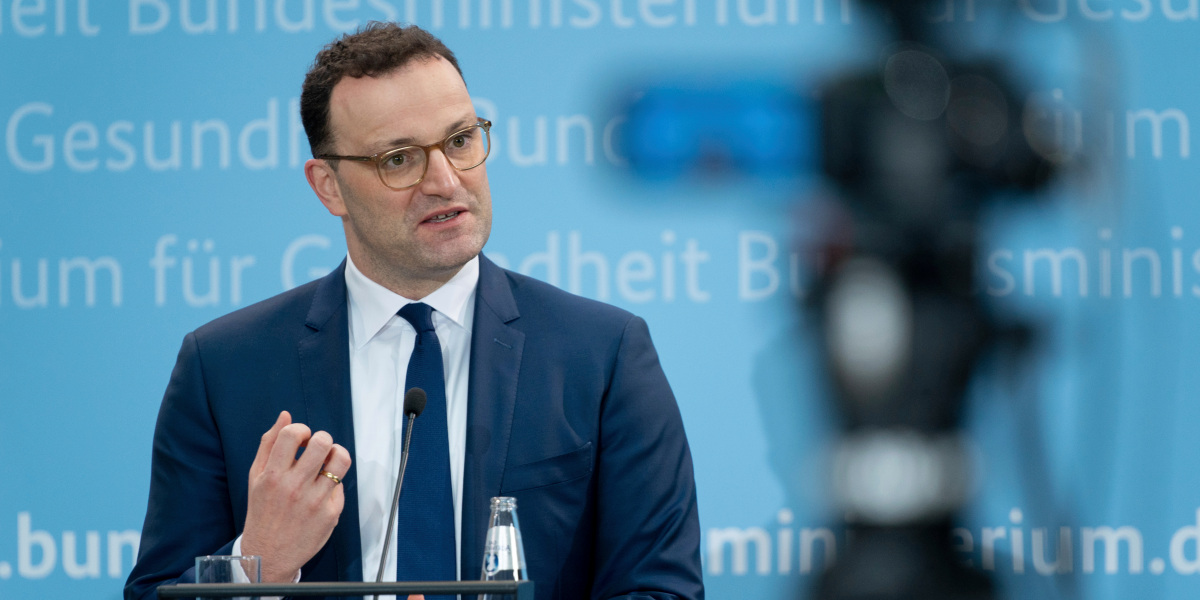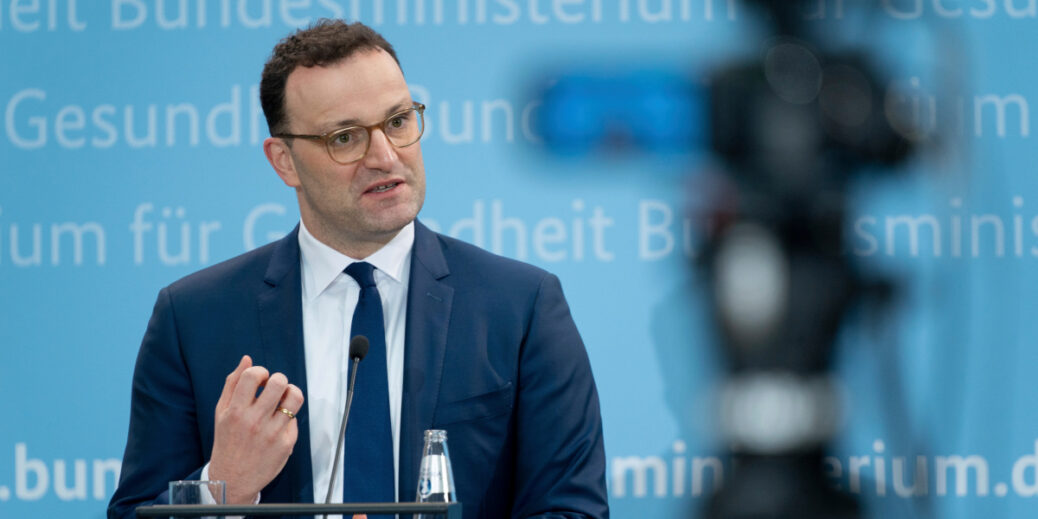
Meanwhile, the health-care regulator in Britain—which has delivered 11 million shots of the AstraZeneca vaccine so far, many more than any other country—says there’s no evidence that this vaccine presents a heightened health risk.
But conflicting messages about how serious these reports are—and therefore how risky the vaccine is—have left people worried and confused about what’s going on. Some experts are concerned that the news may damage wider efforts to get people inoculated against the coronavirus.
“We haven’t got much to go on, because governments are putting out statements, but they are not really putting out data,” says Michael Head, a senior research fellow in global health at the University of Southampton in the UK. “Germany seems to have seen a very slightly elevated risk of thrombosis … but I’m just not seeing any data that suggests we should pause rollout.”
One factor in the suspensions, he suggested, may be that Europe is currently still in the earlier stages of vaccination rollout—meaning that some of those receiving doses at the moment are among the most frail or at the highest risk for medical problems. AstraZeneca says its own studies show that clotting incidents are lower than would be expected among the general population.
The situation also plays into a broader narrative about vaccination risk. Many European countries have high levels of vaccine hesitancy—one study in France suggested that only 40% of people were planning to get vaccinated against covid-19—and the AstraZeneca vaccine, in particular, has sparked more concern and speculation than others.






Recent Comments